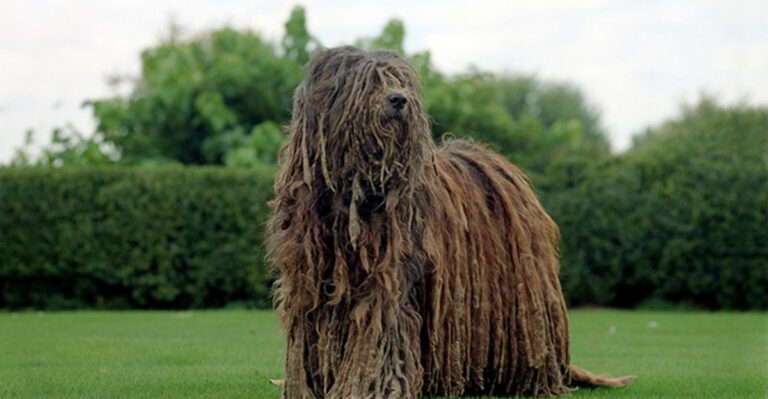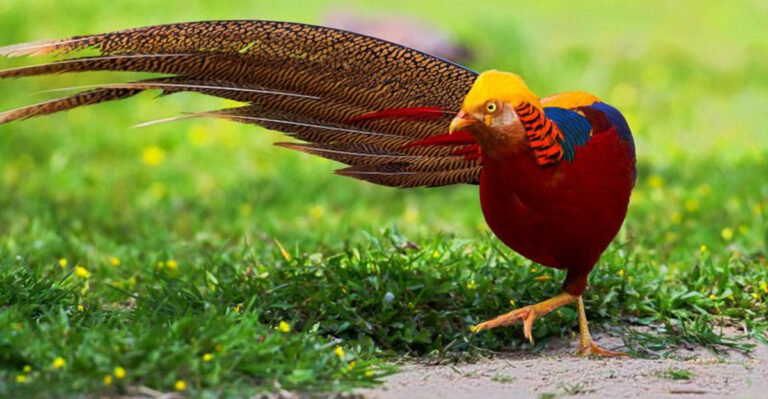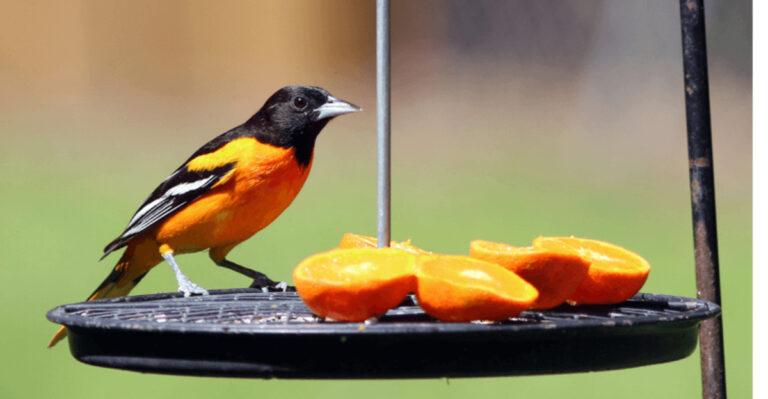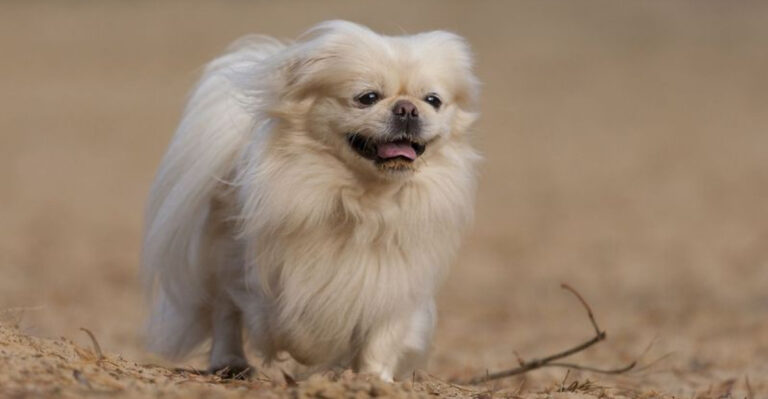8 Rescued Dog Breeds That Will Forever Appreciate Their Second Chance, And 7 That May Never Forget The Past
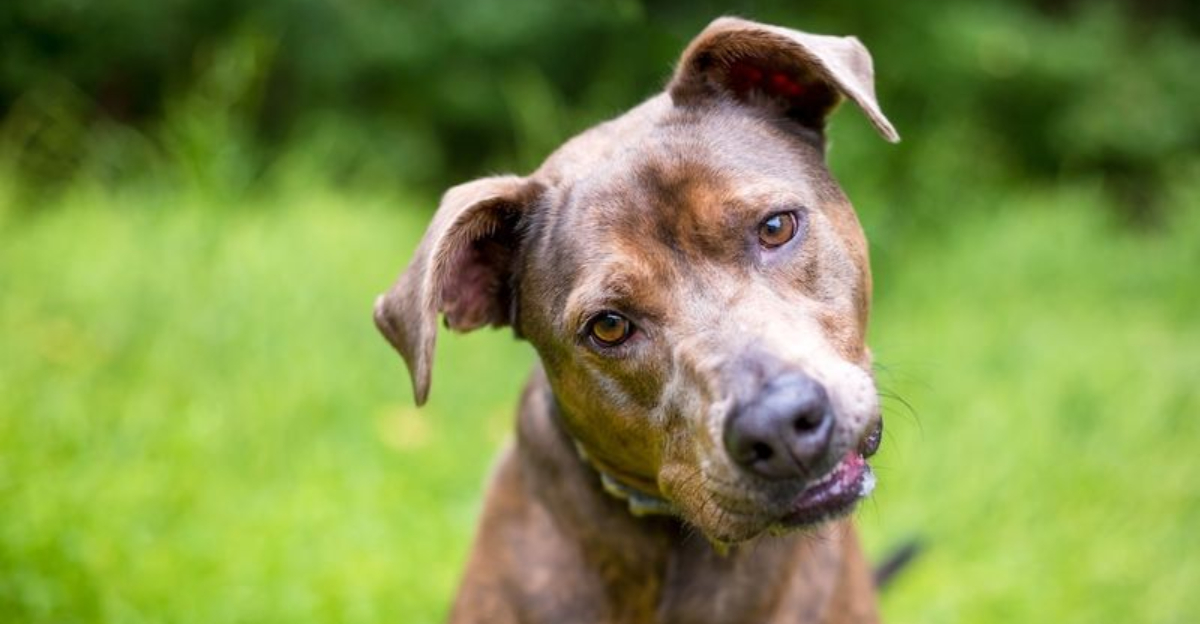
Bringing a rescued dog into your home can be one of life’s most rewarding experiences. Each pup carries its own emotional baggage from past experiences, shaping how they adapt to new families.
Some breeds seem to flourish with gratitude for their second chance, while others carry deeper scars that may never fully heal. Understanding these tendencies can help you provide the perfect forever home for a four-legged friend in need.
1. Golden Retrievers: The Eternal Optimists

Golden Retrievers possess an incredible capacity for forgiveness. Even after neglect or abandonment, their sunny disposition typically rebounds quickly in loving homes.
Their natural people-pleasing instincts help them transition smoothly into new families. Most Goldens approach each day with renewed enthusiasm, as if their difficult past was simply a bad dream.
Within weeks, many rescued Goldens transform completely, showing boundless gratitude through wagging tails and soulful eyes.
2. Pit Bulls: Resilient Love Machines
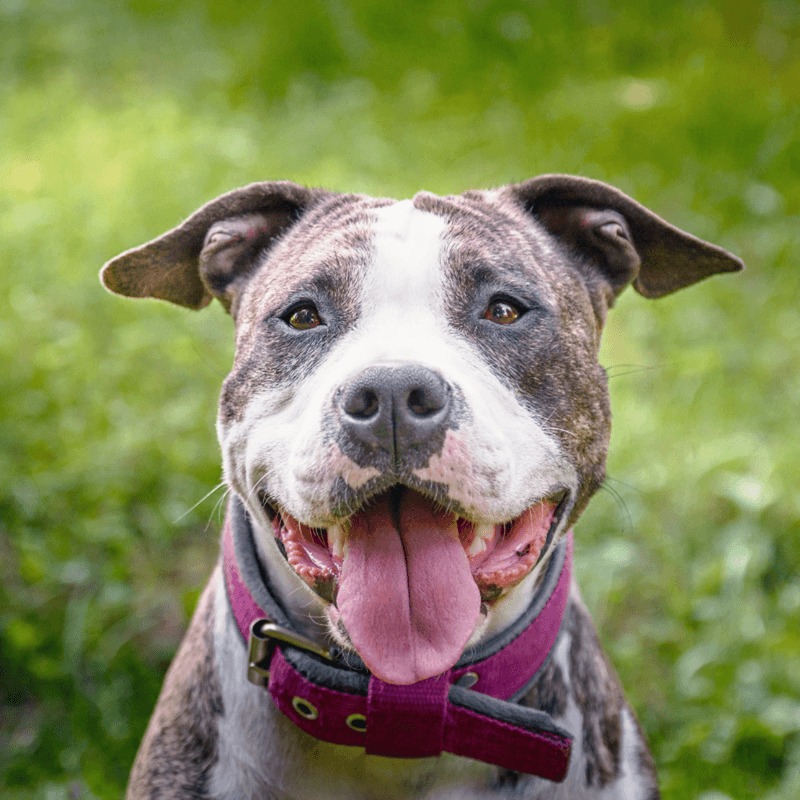
Despite often facing the harshest backgrounds, rescued Pit Bulls frequently become the most devoted companions imaginable. Their remarkable ability to separate past human failures from present opportunities for love astounds even experienced rescuers.
Many transform from fearful shelter residents to confident family members within months. Their muscle-bound bodies may carry scars, but their hearts remain astonishingly open.
Pit Bulls typically repay kindness with unwavering loyalty and boundless affection.
3. Beagles: Forgiving Foodie Friends

Food motivation makes Beagles surprisingly quick to adapt to new loving environments. Many rescued from laboratory testing or hunting situations rapidly learn to trust again when treats and gentle handling become their new normal.
Their innate social nature helps them bond with new families faster than expected. Those signature howls that once expressed distress soon transform into excited greetings when you return home.
Beagles rarely hold grudges, preferring instead to focus on present joys like sniffing adventures and dinner time.
4. Greyhounds: Grateful Couch Potatoes

Former racing Greyhounds often transition from sterile kennel life to cushy retirement with remarkable appreciation. The simple comforts of a soft bed, regular meals, and gentle touches seem like luxurious gifts to these elegant athletes.
Their calm, gentle temperament emerges once they feel secure in their new environment. Many adopters report their Greyhounds express gratitude through subtle means – leaning against them or following closely around the house.
Despite their racing past, most become devoted indoor companions.
5. Labrador Retrievers: Bounce-Back Champions
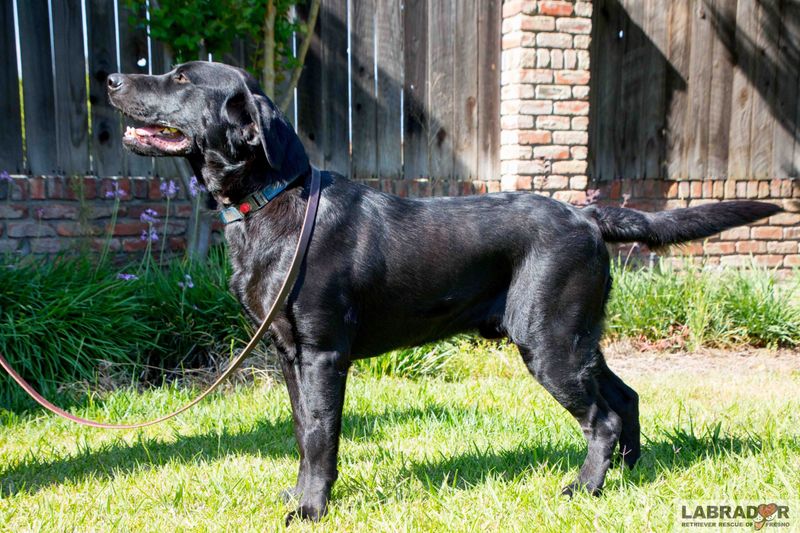
Labs possess an almost magical ability to reset their emotional state when placed in loving homes. Their natural optimism and food motivation create perfect conditions for quick adaptation after rescue.
Water-loving and naturally playful, these dogs often show their appreciation through enthusiastic participation in family activities. Many rescued Labs act as though they’ve always been part of the family within just weeks of adoption.
Their forgiving nature makes them excellent choices for first-time rescue adopters.
6. Poodles: Smart Second-Chancers
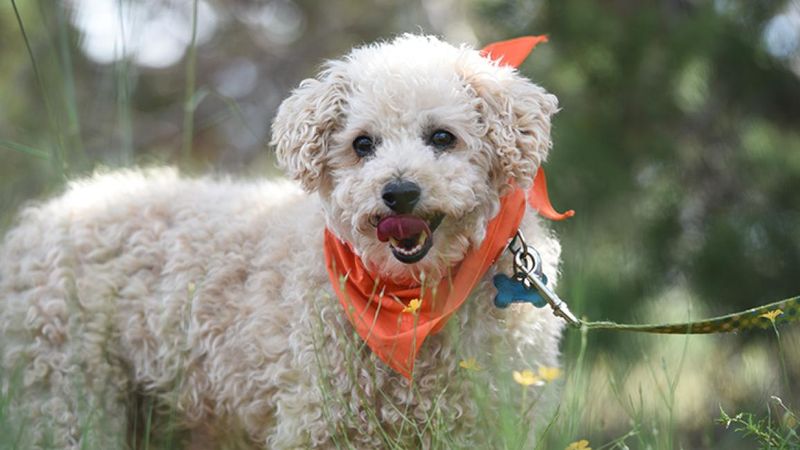
Poodles’ exceptional intelligence helps them quickly understand they’ve landed in better circumstances after rescue. Their ability to read human emotions allows them to form strong bonds with new owners who treat them kindly.
Many rescued Poodles transform from matted, frightened mill survivors to confident, affectionate companions. Their quick learning ability means they rapidly adapt to new household routines.
The gratitude of a rescued Poodle often manifests as close shadowing of their favorite person throughout the day.
7. Boxers: Resilient Goofballs

Boxers bounce back from adversity with remarkable speed and enthusiasm. Their naturally clownish personality often resurfaces shortly after placement in a loving home, regardless of past hardships.
These energetic dogs seem to live fully in the present moment, rarely dwelling on previous negative experiences. Many rescued Boxers express their appreciation through whole-body wiggles and enthusiastic face licks.
Their capacity for joy remains intact even after significant neglect or abandonment.
8. Mixed Breed Mutts: Uniquely Grateful
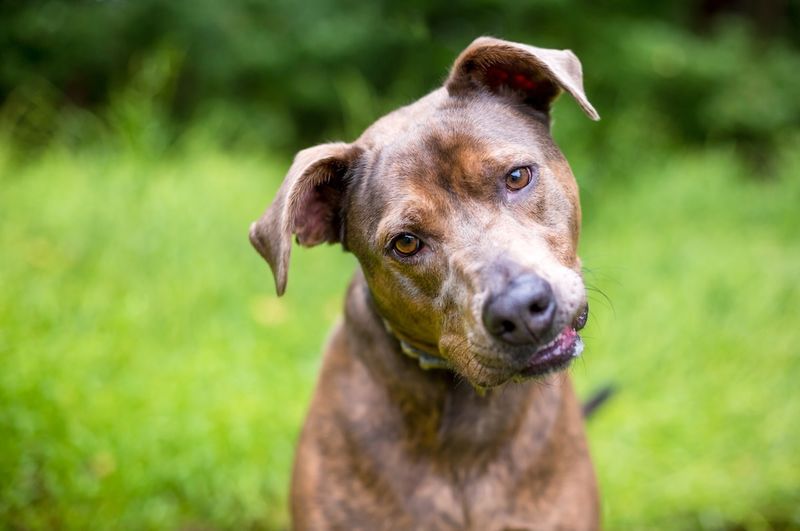
Something magical happens when mixed breed dogs find their forever homes. These one-of-a-kind canines often display an almost supernatural sense of having been specifically rescued by their perfect match.
Without breed-specific behavioral baggage, many mutts adapt flexibly to new environments. Their appreciation frequently manifests as deep bonding and exceptional loyalty to their adopters.
Rescuers often note that mixed breeds seem especially aware of their second chance, forming particularly strong attachments to those who saved them.
9. Afghan Hounds: Aristocrats With Long Memories
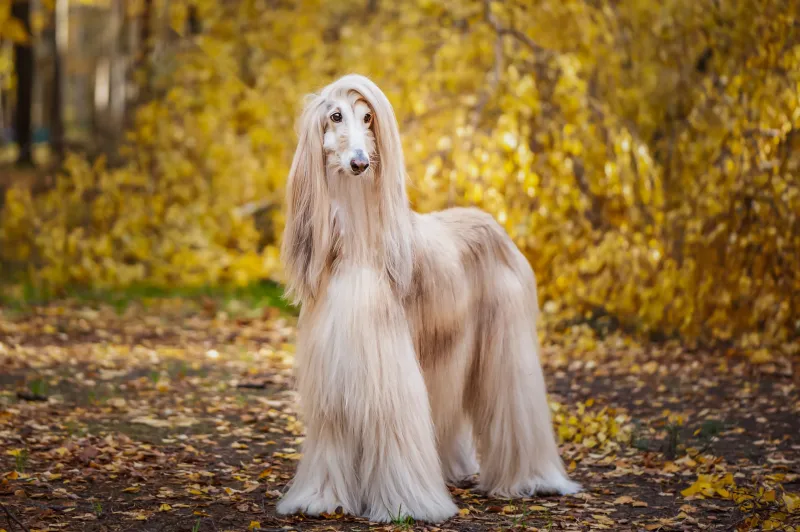
Behind their elegant appearance, Afghan Hounds often harbor lasting emotional impacts from neglect or mistreatment. Their independent nature and sensitive temperament can make recovery from trauma a lengthy process.
These ancient sighthounds form deep bonds but may remain permanently wary of situations resembling past negative experiences. Many rescued Afghans develop intense attachment to one person while maintaining polite distance from others.
Their regal demeanor sometimes masks ongoing anxiety about certain triggers from their past.
10. Chihuahuas: Tiny Dogs With Elephant Memories

Rescued Chihuahuas frequently retain strong emotional associations with past mistreatment. Their naturally suspicious nature combined with remarkable memory means they often remain cautious around specific triggers for years.
Many develop intense one-person bonds while maintaining skepticism toward strangers or individuals resembling former abusers. Their small size makes them feel vulnerable, contributing to lasting defensive behaviors.
Patience becomes essential when helping these pocket-sized companions overcome their lingering trust issues.
11. Akitas: Dignified But Haunted

Ancient Japanese breeding for loyalty and protection gives Akitas long emotional memories. When rescued from neglect or abuse, these powerful dogs often maintain a dignified reserve that masks deeper wariness.
Their naturally aloof temperament becomes amplified by negative past experiences. Many rescued Akitas develop complex rules about who can be trusted and under what circumstances.
Though capable of deep bonds with their chosen people, they frequently retain permanent suspicion toward situations or individuals that trigger memories of past trauma.
12. Shiba Inus: Independent Trauma Holders

Rescued Shibas often carry the emotional impact of past mistreatment with surprising intensity. Their naturally independent and somewhat stubborn personality combines with remarkable intelligence to create lasting associations with negative experiences.
Many develop specific triggers that may cause defensive reactions years after adoption. Their catlike self-sufficiency sometimes masks ongoing trust issues that resurface in stressful situations.
Patience becomes essential when helping these fox-like companions fully embrace their second chance at happiness.
13. Chow Chows: Slow To Trust Again
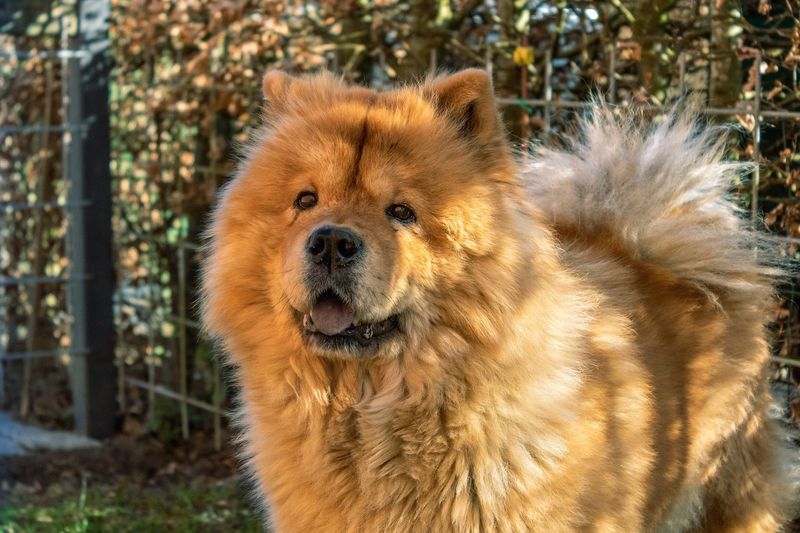
Chow Chows’ naturally reserved temperament becomes significantly amplified when they’ve experienced mistreatment. Their ancient breeding for independence and protection makes them particularly slow to rebuild trust after betrayal.
Many rescued Chows maintain an invisible emotional boundary even years after placement in loving homes. Their dignified demeanor often masks ongoing vigilance against potential threats based on past experiences.
Though capable of deep loyalty, they rarely forget those who have harmed them.
14. German Shepherds: Loyal But Vigilant

German Shepherds’ exceptional intelligence and memory can become challenging when recovering from abuse or neglect. Their natural protective instincts often become heightened by past negative experiences, creating lasting wariness in specific situations.
Many rescued GSDs develop complex rules about which strangers can be trusted. Their deep loyalty to new owners frequently coexists with ongoing hypervigilance about potential threats based on past trauma.
Consistent, gentle handling becomes essential in helping these intelligent dogs fully relax.
15. Border Collies: Brilliant But Burdened
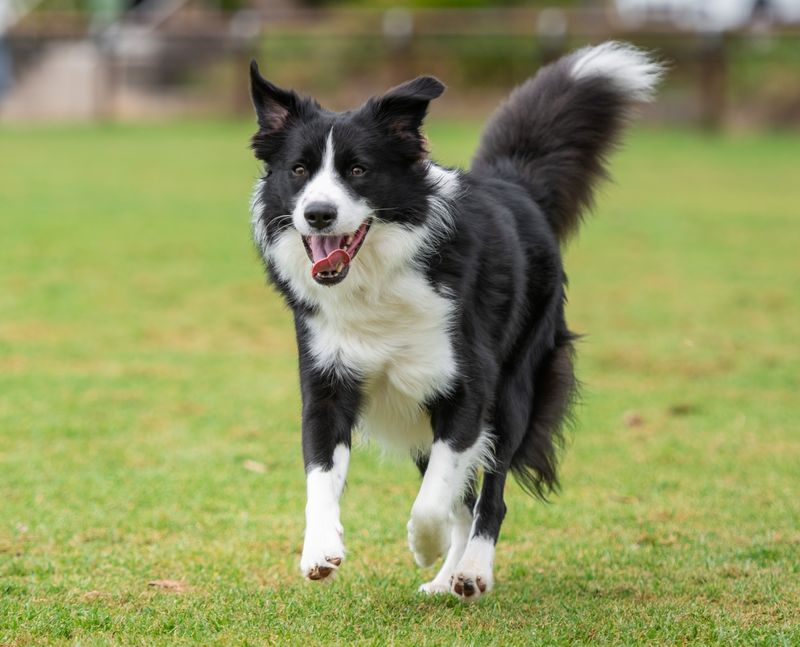
Border Collies’ exceptional intelligence becomes a double-edged sword in rescue situations. Their remarkable memory and pattern-recognition abilities mean they often retain detailed associations with past mistreatment.
Many rescued Border Collies develop specific triggers that cause anxiety or defensive behavior based on previous negative experiences. Their intense focus and sensitivity can make recovery from psychological trauma particularly challenging.
Providing mental stimulation and gentle retraining becomes crucial in helping them process past difficulties.


